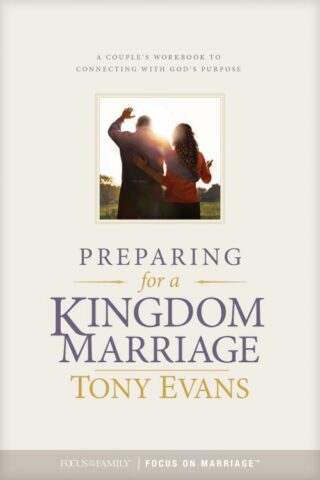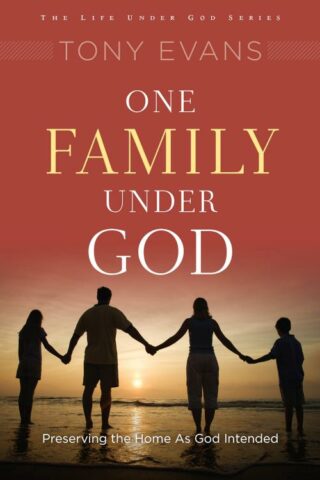Francis Beckwith
Showing the single result
-
Politics For Christians
$25.99What role should religious citizens take in a liberal democracy? What is the proper separation of church and state? What place should be made for natural rights and the moral law within a secular state? Francis J. Beckwith’s cogent introduction to political thought surveys political science, politics and government while making the case for how statecraft may genuinely contribute to soulcraft.
Add to cartin stock within 3-5 days of online purchase











